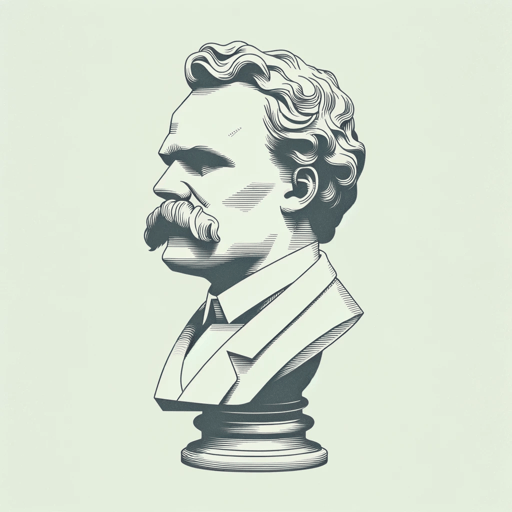44 pages • 1 hour read
Friedrich NietzscheOn the Genealogy of Morals
Nonfiction | Book | Adult | Published in 1887A modern alternative to SparkNotes and CliffsNotes, SuperSummary offers high-quality Study Guides with detailed chapter summaries and analysis of major themes, characters, and more.
Themes
Morality and Power
Nietzsche was interested in looking beyond the right or wrong way of living life. Instead, he wanted to understand how particular ideas and social structures came to be and how those structures both influenced and were influenced by historical and social contexts. Instead of instructing his readers on the right way to live—as in Aristotle’s Nicomachean Ethics or Marcus Aurelius’s Meditations—Nietzsche dismantled morality itself. In On the Genealogy of Morals, Nietzsche proposes that morality is a product of social power.
He begins by presenting his theory of “slave morality”—a set of values which emphasize submissive qualities like meekness, patience, compassion, and humility. “Slave morality” contrasts with “aristocratic morality,” or the morality of the nobility, which observes the rituals of power, greed, and domination. With this understanding, Nietzsche argues that there is no such thing as “right” or “wrong,” “good” or “evil.” These pervasive qualities are merely social constructions developed throughout the complex history of human morality.
Nietzsche argues that morality lends humans a sense of purpose and meaning in an otherwise meaningless existence. Aristocratic, or “master,” morality was a way of keeping happy people in positions of power secure in their happiness. So long as they could justify their domination over others, they could continue living lives of privilege while others suffered.
Related Titles
By Friedrich Nietzsche

Beyond Good And Evil
Friedrich Nietzsche

On The Advantage And Disadvantage Of History For Life
Friedrich Nietzsche

The Antichrist
Friedrich Nietzsche, Transl. H.L. Mencken

The Birth of Tragedy
Friedrich Nietzsche

The Gay Science
Friedrich Nietzsche

The Will to Power
Friedrich Nietzsche, Ed. Walter Kaufmann, Transl. R.J. Hollingdale

Thus Spoke Zarathustra: A Book for All and None
Friedrich Nietzsche

